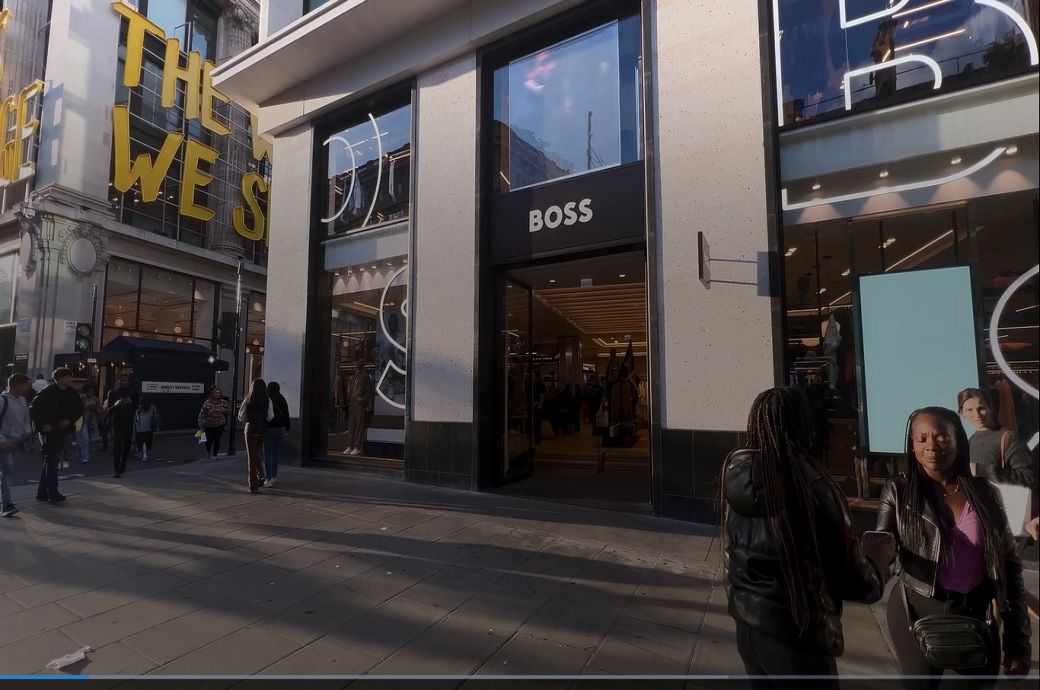
For Hugo Boss, 3D design empowers teams to design apparel, accessories and footwear with hyper realistic models and experiment with different fabrics and colours. It provides designers greater creative freedom and convenience during the ideation stages, with a new canvas to produce inspired work for customers. 3D assets are also used to engage suppliers and retail partners in more efficient ways, where prototyping, reviews and changes can all be conducted digitally.
“To support our vision of becoming the leading premium tech-driven fashion platform worldwide, Hugo Boss was one of the early companies to explore the potential of 3D and immersive design in fashion. Now we have over 400 employees working with these innovative tools to produce more inspiring and sustainable products, and to lead our industry in digital,” said Sebastian Berg, vice president, business operations excellence at Hugo Boss. “With Adobe Substance 3D as part of our Adobe Creative Cloud stack, we have a powerful tool that provides hyper realistic renderings of our products. It gives us greater speed in responding to global consumer trends, while helping us experiment with new digital services to drive 3D innovation in fashion.”
3D design empowers Hugo Boss to explore new customer experiences that blend the digital and physical worlds, especially as interest grows around the metaverse. Teams have been focused on areas such as digital avatars, virtual fitting rooms and NFTs, all of which require assets that feel lifelike. With Adobe Substance 3D Sampler, teams can use reference photos and powerful AI capabilities to replicate complex fabric textures such as knits and embroidery. Other applications such as Adobe Substance 3D Painter and Adobe Substance 3D Stager help refine colours and lighting, the company said in a press release.
Investments in 3D design also support the company’s efforts around sustainable fashion. For suppliers and vendors, teams can review designs digitally, bypassing the need to create and ship samples back and forth. And any changes that need to be made for colours, fabric and shapes can also be done online. 3D cuts down on content production as well, avoiding scenarios where teams must travel to different locations around the world to photograph new collections. Adobe has found that virtual photoshoots can drive a 98 per cent reduction in carbon emissions. To support Hugo Boss in these efforts, as well as other brands, Adobe also unveiled the Adobe Substance Sustainability Calculator, which delivers data and benchmarks for sustainability initiatives tied to 3D design.
“Hugo Boss has shown how 3D design can improve the value chain for the fashion industry, putting more power in the hands of designers while optimising production and distribution,” said Sebastien Deguy, vice president and head of 3D & metaverse at Adobe. “As the company accelerates its efforts in this space, Adobe Substance 3D applications will provide teams with a comprehensive set of tools that boost creativity and enable its participation in the metaverse.”
Fibre2Fashion News Desk (RR)